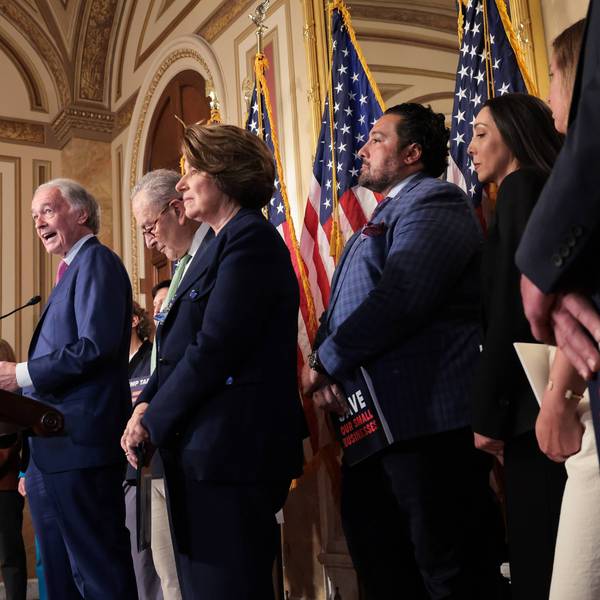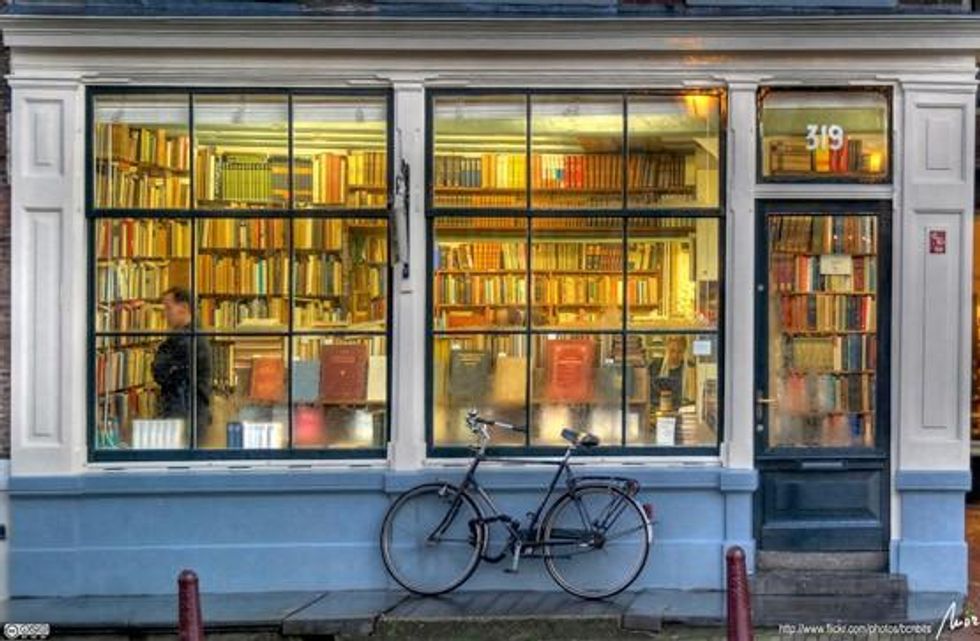So we all know that the likes of Wal-Mart, Target, and Amazon are killing Main Street businesses, right? It's certainly partly true. Those retailing behemoths have devastated a lot of communities across the country, and they're still growing.
But, there are some surprising bright spots on Main Street. I heard about them at the annual Business Alliance for Local Living Economies (BALLE) conference, where more than 600 high-energy people strategized about the transition to a more localized, Main Street economy. Stacy Mitchell of the Institute for Local Self-Reliance (ILSR) told me of independent retailers that are thriving.
One surprising comeback, Mitchell says, is independent bookstores. Yes, even in the age of e-books and Amazon, independents are growing: For the last four years, their numbers and total sales have grown, despite the recession. In 2009 there were 1,651 independent bookstores in the United States. Today there are more than 1,900.
Bookstores aren't the only retail sector where independents are expanding. Local coffee shops have grown faster than Starbucks. Bakers and specialty food stores are thriving. Independent pharmacies and pet, fabric, and stationery stores are growing too.
How do they compete with the giants? One factor is the "buy local" ethic so evident at the BALLE conference and promoted by other groups such as the American Independent Business Alliance. ILSR reports that 2012 sales at independent businesses in cities with "buy local" campaigns grew 8.6 percent while those that did not have such campaigns grew 3.4 percent.
Independents are also capitalizing on their ability to win loyalty by hosting events, such as author talks at bookstores. And bookstore owners have learned to feature high margin items such as notecards, toys, and chocolate.
The public is realizing that buying from local independent stores supports the community and keeps more dollars circulating locally. I watched my local fabric store's sales force march in our town's 4th of July parade, showing the quilts they donate to injured vets. I was glad I had chosen to purchase my upholstery fabric at that store, even though I was tempted to shop at a big chain that had greater variety on display.
So, besides shopping at their stores, what can we do to help our local retailers? We can't do much about the big boxes' ability to get major discounts from suppliers and pummel the public with advertising. But we can protest when local governments give tax abatements and free land to the retail giants. Indiana, for example, gave Amazon $11 million to locate five warehouses in the state, according to Fortune magazine.
We can also press our local governments to collect taxes from online retailers. Fortune says that Amazon built its empire on the advantage of not having to collect sales tax in any state but Washington, where it is based. But states are exercising new clout. ILSR reports that new state laws and agreements require Amazon to collect sales tax in 10 states representing more than one-third of the U.S. population. In May, the U.S. Senate passed the Marketplace Fairness Act, requiring online retailers with sales of more than $1 million to collect taxes on all U.S. sales. The House, as of July, had only sent the bill to committee.
So don't think Main Street is down for the count. As the "buy local" ethic continues to gain momentum, as stores get creative in using their local advantage, and as online sales lose their tax advantage, the lights may again shine bright on Main Street.




